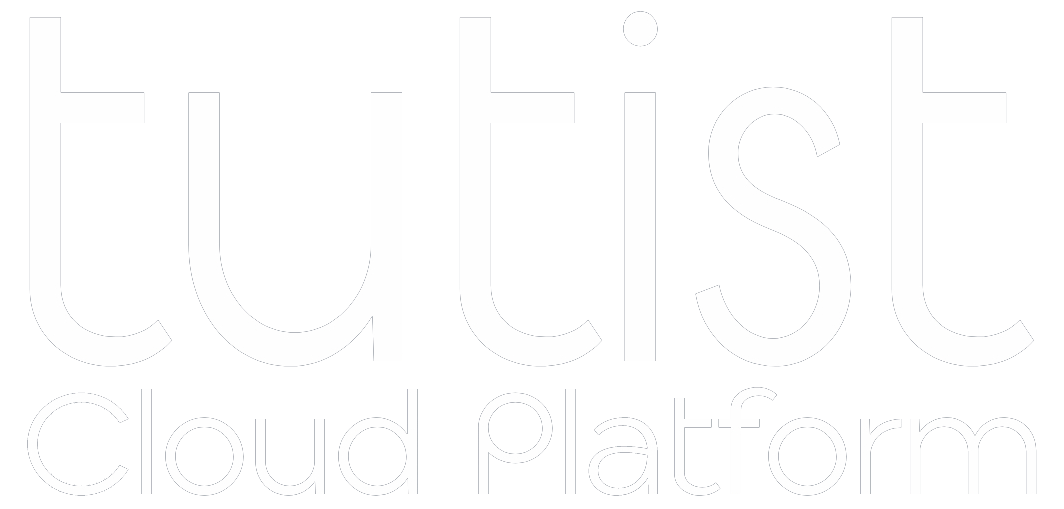![]() Today, organizations need reliable access to data across the board. For sustained development, large enterprises also need optimal data management processes.
Today, organizations need reliable access to data across the board. For sustained development, large enterprises also need optimal data management processes.
Cloud technologies offer on-demand storage for data. Many users can access data centers over the Internet by using this service.
There are two types of Clouds Technologies:-
Enterprise Clouds- The term enterprise software refers to applications and technologies that help the entire organization’s operational and strategic functions. It focuses on the whole organization rather than a single user. By using such technology one can create custom applications too Its speed is relatively high as compared to public cloud Technologies. Eg:- school management system, CRM, business intelligence, etc
Public Cloud Technologies- Public cloud is a model of IT where multiple organizations can share services provided by third parties using the public internet. It mainly focuses on fewer users than a large organization. This service can be charged on a monthly basis or pay peruse. Some tenants might simply rent the service and use of software applications, development tools, and storage facilities. Public cloud services are generally used for less sensitive data or data that is not frequently accessed.
Benefits of Cloud technology in Schools
IT cost reduction – By using cloud technologies, it can help schools to cut the cost of managing and maintaining IT systems.
It will eliminate the need for system upgrades and expensive hardware & software. Furthermore, it does not require expert/trained staff institutes/schools for the same.
Security- Security is a major concern for large organizations. In the past, time was money, but now data is new money.
Data is the most valuable asset for any organization Cloud technologies monitor security concerns more efficiently than conventional in-house computer systems.
Increased collaboration- In a cloud-based platform, stakeholders (students, parents, and teachers) can access data securely. It boosts interest and engagement by creating collaborative spaces.
Reduce maintenance cost- Cloud technologies eliminate the need to store and manage data at a physical location. As a result, cloud computing helps reduce maintenance costs.
Data backup- not investing in cloud-based solutions may not seem a deal. But in reality, if your local hardware experiences a problem and you fail to backup your data then you might permanently lose your data.
Cloud technologies automatically back up your data, giving you a sense of security.
Saves time and money – We know that cloud technologies have a pay-per-use option, so users (schools/colleges) can save money by not paying for features that they don’t need or want.
Cloud computing services do not charge you for unused space. Furthermore, it also customizes tools for you.
High speed- With a large organization, you don’t have time to waste on internet problems and storage issues.
Technology-based on the cloud is known for its rapid deployment.
A faster deployment helps to get resources within a few minutes.
Hence, cloud-based technologies make it simple for schools and colleges to work with them. It makes work more efficient.

